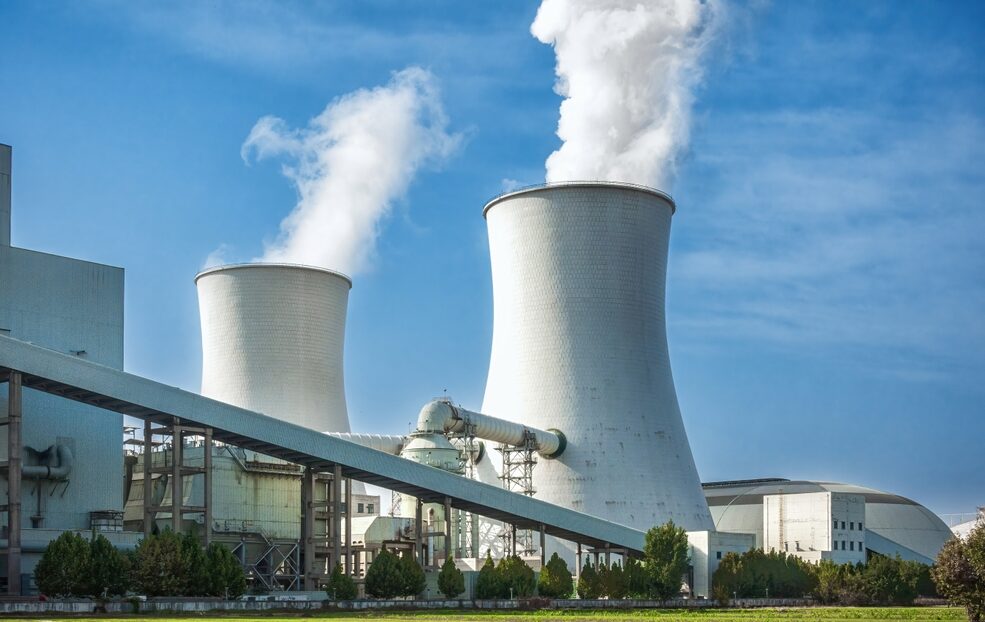Decommissioning is one of the nuclear industry’s major challenges. Over time, nuclear power stations reach the end of their operational life, and as they often contain radioactive materials, it’s crucial to clean them up to prevent environmental contamination. Decommissioning is highly technical and creates thousands of jobs, including Nuclear Engineers, Radiological Protection Officers, and Project Managers, as well as supporting roles like Sustainability Officers and Human Resources Officers.
The process is lengthy, in part due to stringent safety measures, and can be a significant source of employment for generations. Since 2010, 26 power stations have closed, which equates to 20% of the UK’s generation capacity. By 2030, a further 35% of existing generation capacity will close down. Sellafield nuclear site, for example, is expected to take another 100 years to fully decommission and employs 11,000 people, supporting many more jobs through its supply chain.
Another challenge in the nuclear industry is radioactive waste management. Although nuclear power stations generate a lot of clean, reliable energy, they also produce radioactive material that must be carefully managed to avoid environmental contamination. Like decommissioning, managing radioactive waste is a major job creator, employing people from those operating robots to remove waste, to those developing innovative solutions to streamline the process.
The nuclear industry also faces the challenges of an ageing workforce, with 33.5% of workers aged 50 and over, 44% aged 30-49, and only 22.5% aged 20-29. To address this, the industry is focused on developing young talent by offering opportunities to gain the necessary skills. Various organisations provide internships, apprenticeships, and graduate training schemes to help young people build careers in the nuclear industry and contribute to achieving net zero by 2050. The Nuclear Decommissioning Authority is a leader in this effort, investing millions of pounds annually in their early careers programme, which supports hundreds of apprentices and graduates gaining experience in the nuclear sector.





